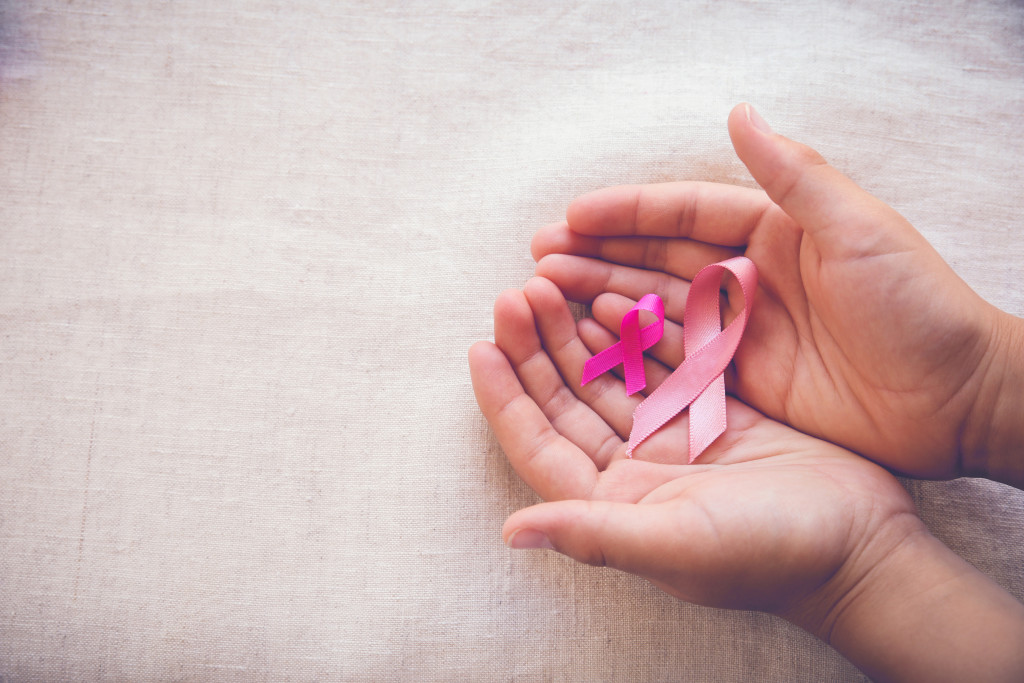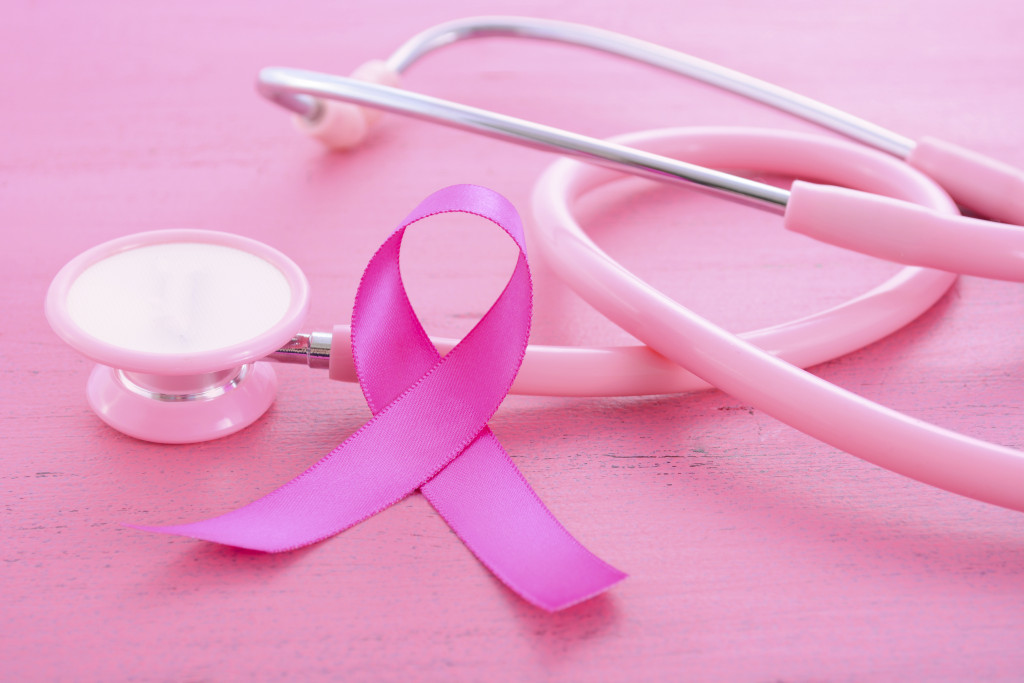Known as the second leading cause of cancer deaths, breast cancer is treatable if spotted early. One of its first symptoms is a lump or a spot of thickened tissue in the breast. Other symptoms are an inverted or sunken nipple, change in the breast shape or size, breast or armpit pain, and discharge from a nipple. While not every breast lumps are cancerous, it’s still recommended to see a doctor for proper diagnosis.
It’s still unclear as to what exactly causes breast cancer, but there are some risk factors on the list. These include genetics, age, dense breast tissue, hormone treatments, breastfeeding, and more. If you’re worried about developing breast cancer, here are several tips and habits you can consider to minimize the risk:
1. Set medical appointments
The first habit you should never skip is going on your regular health checkups, especially breast examinations. Ideally, you should have an annual breast exam to check for bumps, lumps, or other issues. You can also consider having a mammogram once every three years to detect microcalcifications or small masses. Your doctor may also recommend an open MRI scan for malignancy detection or following your diagnosis of breast cancer. An MRI scanner can help in determining the extent of breast cancer. Talk to your primary physician for more accurate advice.
2. Cut back on alcohol
In breast cancer prevention, alcohol is one of the top things a person should cut back on. Over a hundred studies found that drinking alcohol can increase the risk of getting breast cancer. With every third of an ounce, you can boost your risk of breast cancer by 12%. This dose relationship means that the more you drink, the higher your chance of developing breast cancer. If you want to promote breast health, no binge drinking.
3. Maintain a healthy weight
Gaining weight, especially when you’re an adult or after menopause, can also increase your risk of breast cancer development. In other words, you’re more likely to have breast cancer if you’re obese or overweight. This is because an overweight woman tends to have a higher insulin level, which is greatly linked to breast cancer.
In the case of menopause, a person’s increase in fat tissue will also lead to high levels of estrogen that makes your body more vulnerable to developing breast cancer. If you’re on extra pounds, consider losing some to lower your cancer risk. It doesn’t matter if it’s a small number. In case you’re already at a healthy weight, make an effort to maintain it.

4. Take your vitamin D
Did you know that you’re at a higher risk of having breast cancer if you have low vitamin D levels? In fact, low levels of vitamin D can also boost the recurrence of the disease in breast cancer survivors. Get your vitamin D from the sun, which is the best source. You are likely to be deficient in vitamin D if you don’t get daily sun exposure.
Visit your doctor to have your vitamin D level checked. If you have low levels, they might recommend a supplement to boost your vitamin D. However, if you’re out in the sun most of the day, make sure to apply sunscreen to prevent developing skin cancer
5. Stay physically active
You can lower your breast cancer risk by having regular exercise. According to experts, adults should get at least an hour of intense workout every week, or about two hours of moderate level workout. Exercises at vigorous intensity levels can greatly increase your breathing and heart rate. Your breathing rate can still rise when you’re doing moderate activities like a brisk walk. Spread your exercise routines throughout the week, especially if you’re planning to do both moderate and intense workouts.
6. Do stress-relieving activities
You are also more likely to develop breast cancer if you have experienced stressful or traumatic events. If you perceive your life as extremely stressful, try doing things to help you look into a more positive outlook. Instead of constantly worrying about your personal responsibilities and career problems, start practicing mindfulness. You need to learn to control your emotional response to daily stressors. You can try breathing techniques, yoga, or meditation.
These tips are general information regarding reducing the risk of breast cancer. This guide is not meant to provide professional medical advice. We highly suggest visiting your primary doctor for accurate advice regarding your medical status, as well as the right health habits you should start. This ensures you won’t be doing anything that could create conflict with any current medication or treatment you’re receiving.

